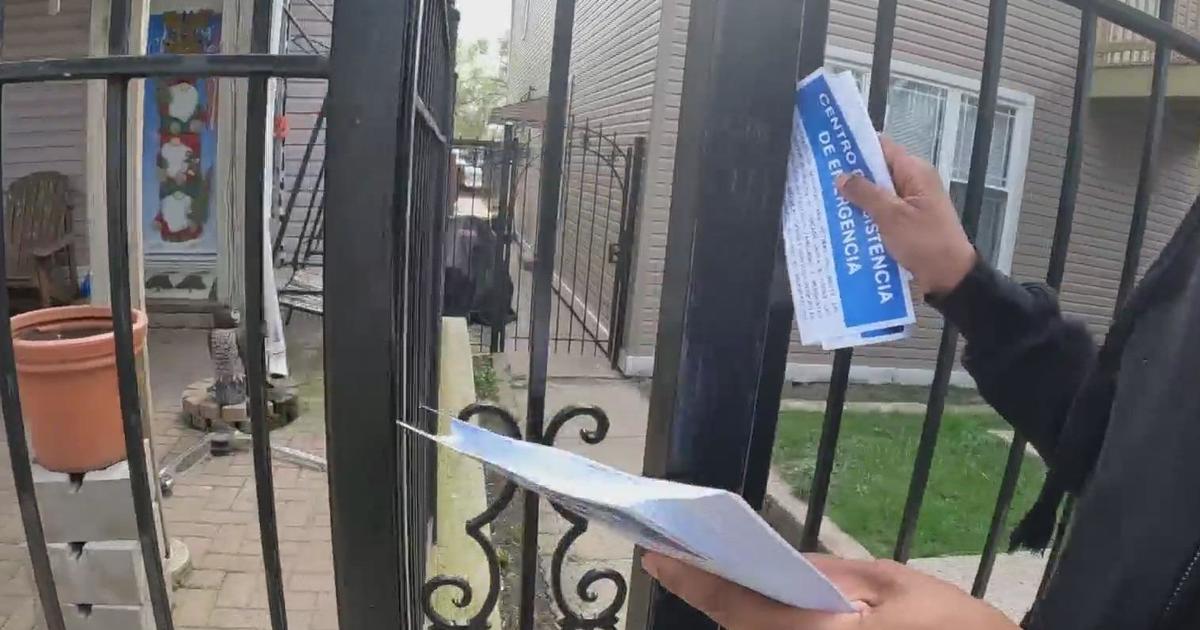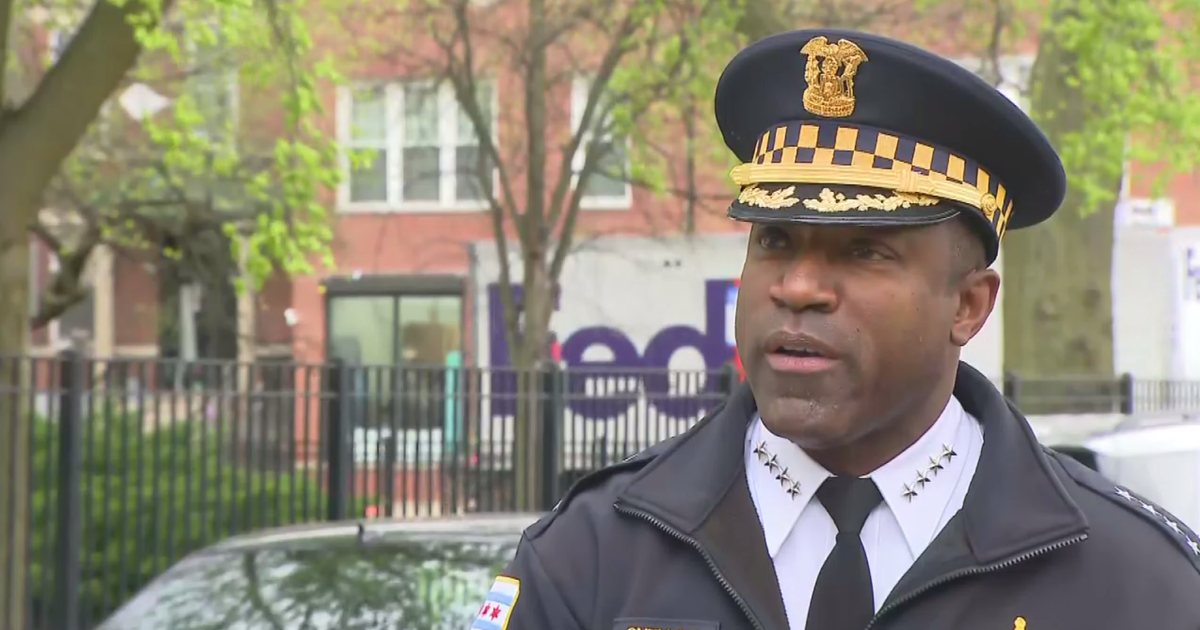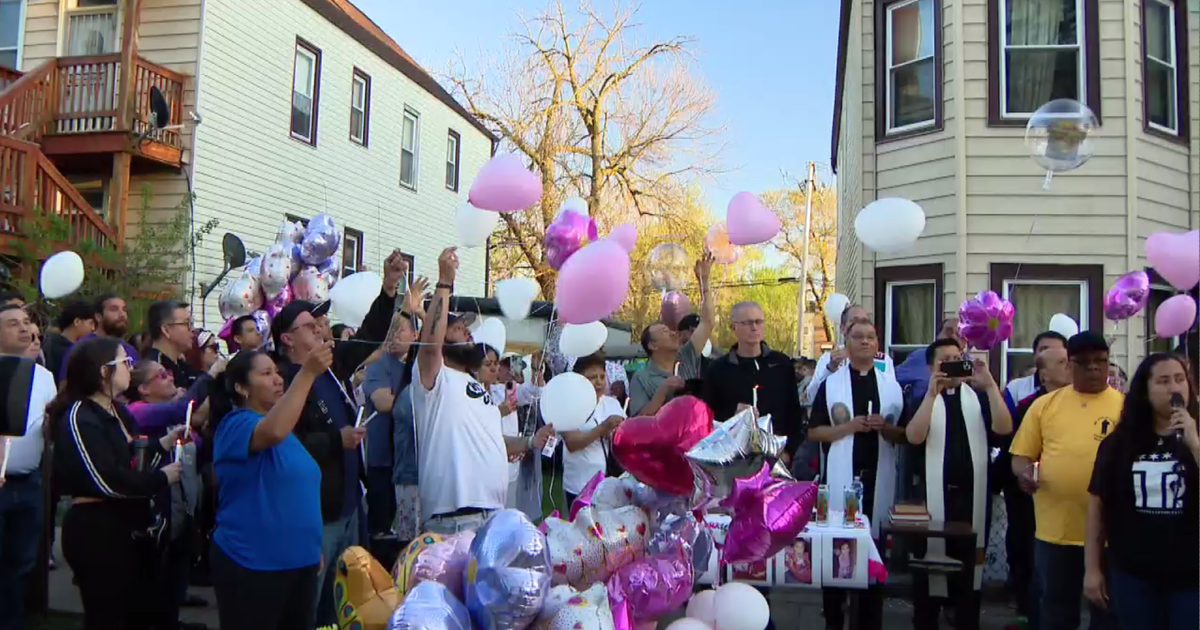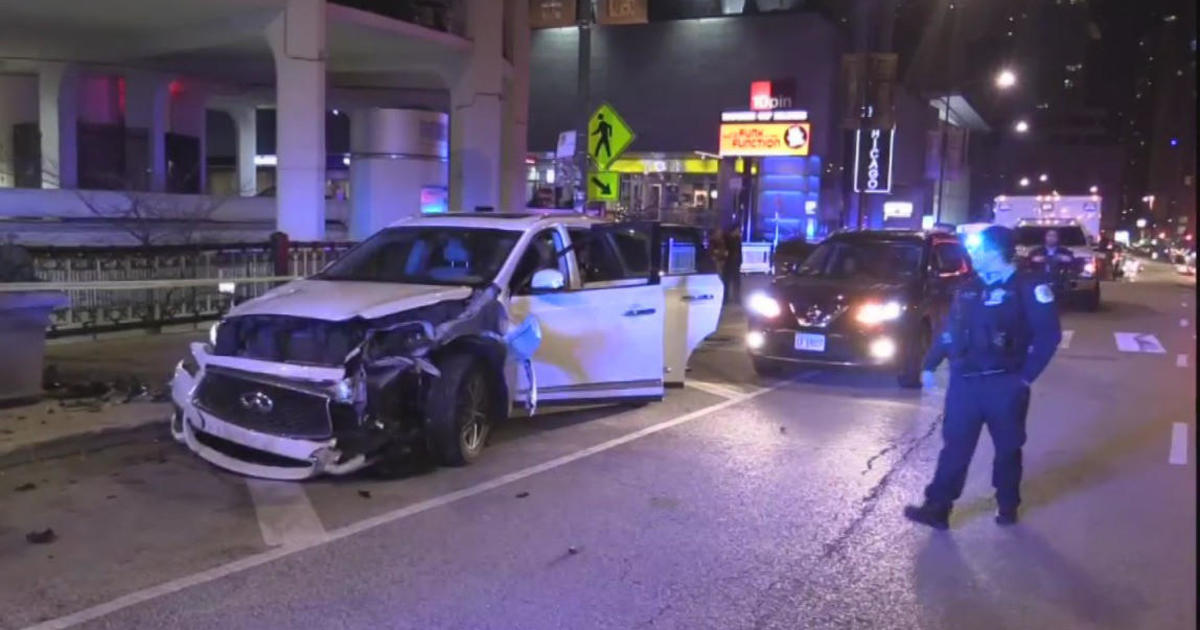Grand Jury In Ferguson Shooting: No Indictment Against Officer
FERGUSON, Mo. (CBS/AP) —A grand jury has decided not to indict Ferguson police officer Darren Wilson in the death of Michael Brown, the unarmed, black 18-year-old whose fatal shooting sparked weeks of sometimes-violent protests.
St. Louis County Prosecuting Attorney Bob McCulloch announced the decision Monday evening. A grand jury of nine whites and three blacks had been meeting weekly since Aug. 20 to consider evidence.
At least nine votes would have been required to indict Wilson.
Brown's family released a statement criticizing the decision, saying in part, "We are profoundly disappointed that the killer of our child will not face the consequence of his actions." But they and President Obama appealed to protesters to be peaceful.
The Justice Department is conducting an investigation into possible civil rights violations that could result in federal charges.
Brown's Aug. 9 death sparked more than a week of unrest that included angry clashes between police and protesters and led Missouri Gov. Jay Nixon to briefly summon the National Guard.
As the nation awaited the announcement, authorities quickly stepped up security around the courthouse. Barricades were erected, and more than 20 Missouri state troopers were seen silently assembling with rifles, 3-foot batons, riot shields and other equipment. Some nearby businesses boarded up their windows, just as many shops have already done near the site of Brown's death in Ferguson.
In Chicago, about three dozen demonstrators gathered at State and Jackson calling for justice for Michael Brown. Another protest took place outside Chicago Police Headquarters at 3510 South Michigan.
Missouri Gov. Jay Nixon urged people to remain peaceful as he appeared at a news conference with the state's public safety director and the leaders of St. Louis city and county.
"Our shared hope and expectation is that regardless of the decision, people on all sides show tolerance, mutual respect and restraint," Nixon said.
The grand jury has been considering charges against Darren Wilson, the white suburban St. Louis officer who fatally shot the black 18-year-old after a confrontation in August.
The Aug. 9 shooting inflamed tensions in the predominantly black St. Louis suburb that is patrolled by an overwhelmingly white police force. As Brown's body lay for hours in the center of a residential street, an angry crowd of onlookers gathered. Rioting and looting occurred the following night, and police responded with armored vehicles and tear gas.
Protests continued for weeks — often peacefully, but sometimes turning violent, with demonstrators throwing rocks and Molotov cocktails and police firing smoke canisters, tear gas and rubber bullets.
Nixon said the National Guard will provide security at "critical facilities," such as police and fire stations and utility substations, and would offer other support as needed.
St. Louis Mayor Francis Slay said demonstrators would be given leeway to slow down traffic in the streets, but "we will not allow them to hurt anyone or damage anyone's property."
St. Louis County Executive Charlie Dooley urged people to "think with their head and not with their emotion."
Anticipating the potential for large demonstrations, more than 15 school districts canceled Monday evening activities and several extended their Thanksgiving break by canceling classes Tuesday. Washington University closed a satellite campus in Clayton.
Pastors were planning a rally and prayer service later Monday evening at the West Side Missionary Baptist Church in St. Louis.
"There's a lot of hurt, a lot of brokenness. There's anger and frustration on every side," said the Rev. Ronald Bobo Sr., the church's pastor. "We need the hand of God to lead us and guide us."
The 12-person grand jury met in secret for months, hearing evidence from a wide variety of witnesses as it weighed whether Wilson's should face charges that could range from involuntary manslaughter to murder. The grand jurors could decide not to charge Wilson at all.
At the lower end of the possible charges is second-degree involuntary manslaughter, which is defined as acting with criminal negligence to cause a death. It is punishable by up to four years in prison. The most serious charge, first-degree murder, can be used only when someone knowingly causes a death after deliberation and is punishable by either life in prison or lethal injection.
(TM and © Copyright 2014 CBS Radio Inc. and its relevant subsidiaries. CBS Radio and EYE Logo TM and Copyright 2014 CBS Broadcasting Inc. Used under license. All Rights Reserved. This material may not be published, broadcast, rewritten or redistributed. The Associated Press contributed to this report.)



